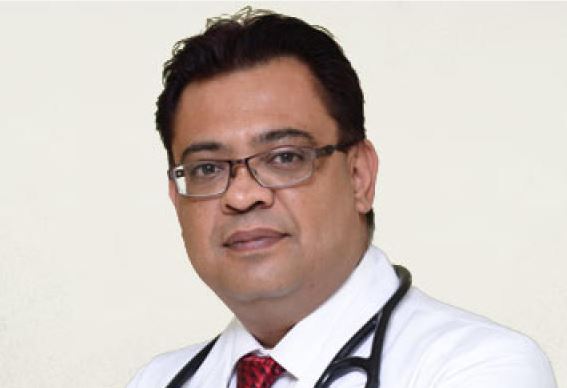×
The Standard e-Paper
Smart Minds Choose Us

Abhishek Vishnu, Head of the Department of Critical Care Medicine, The Nairobi West Hospital.
The thought of being admitted to an intensive care unit (ICU) sends shivers down anyone’s spine. Yet we pray that when fate lands one there, we bank on the plethora of modern equipment, cumulative experience of the specialist doctors and advanced medicine to save a life.